Many of the world leaders eagerly condemning Russia’s invasion of Ukraine are responsible for other ongoing illegal and violent atrocities.
For example, Canada’s Prime Minister, Justin Trudeau, and Deputy Prime Minister, Chrystia Freeland, have condemned Russia and also taken public measures to punish the country. However, their government happily allows for the export of billions of dollars worth of weapons to Saudi Arabia to assist that state in its genocidal war on Yemen, recognized by the United Nations as the worst humanitarian crisis in the world. Canada has not only failed to extend sympathy, funding or assistance to Yemenis on even remotely the same scale as Ukrainians, but actually bear responsibility for their misery.
Trudeau’s condemnation of Russia indicates that he knows violating another country’s sovereignty and killing its civilians is wrong. But Trudeau’s material support for Saudi Arabia shows that he simply doesn’t care when this happens if Canada can turn a profit.
This contradiction is worthy of discussion. Unfortunately, however, drawing these sorts of comparisons in this tense moment inevitably brings on accusations of “whataboutism.” That is, people who are attempting to focus solely on Russia will condemn you for mentioning that there are other sinister players on the international stage. You may even be told that you’re just trying to excuse Russia’s crimes by pointing out that they’ve also been committed by other countries.
A rebuttal often given in response to those who point out contradictions is that doing so is the equivalent of failing to comfort a dying friend and instead mentioning someone that neither of you knows very well is also suffering. The very act of pointing out these contradictions is depicted as insensitive, and some have even claimed doing so is the equivalent of saying, “All lives matter,” in response to someone proclaiming that, “Black lives matter.”
But there are two major problems with these sorts of accusations against those that bring up the hypocrisy of statements from world leaders.
First, the accusations imply that the players being criticized by the so-called “whataboutists” have nothing to do with the catastrophe in question. In this case, the assumption is that Canada and its Western allies don’t bear any responsibility for what’s going on in Ukraine, so bringing up their crimes is irrelevant.
The fact of the matter, however, is that they do share some blame for the current situation in Ukraine. If we care about Ukrainians, we should ask why their so-called allies meddled in their elections, violated agreements against NATO expansion and armed and funded extremists. These actions contributed to the destabilization and turbulence in the region that preceded this war, including the civil conflict in Ukraine, where more than 13,000 people in the Donbas alone were killed since April 2014.
Truly caring about the lives of Ukrainian civilians means looking not only at what Russia is doing at the current moment, but also at how external actors have inflamed the situation in recent years. The idea that this somehow serves as moral absolution for Russia is absurd. Recognizing how American meddling in Iraq contributed to the growth of ISIS, for instance, is an absolution of neither the terror group nor former President Saddam Hussein. Instead, it’s simply a political observation that we can’t expect that attempts to engineer a foreign political society will come without turbulent consequences. The same is true with Western interference in Ukraine.
Second, accusations of “whataboutism” seek to close the door to valid geopolitical and international relations analysis and media criticism. In other words, the accusation has a chilling effect that stifles thoughtful, free political discourse.
Political analysis can’t be treated the same way as behaviour in interpersonal relationships. It might be rude to bring up another tragedy to a friend when they’re venting to you about their problems. But when we’re talking about global politics, we need to look at the big picture.
It’s important to compare the varying ways the media treats conflicts, because they tell us something about what narratives are rewarded or punished, and which people we’re encouraged to be sympathetic to or villainize. For example, many news media publications prevent employees from using the word Palestine in their work. Meanwhile, they write articles telling us to spell Kyiv the Ukrainian way. While the media portrays Ukrainians as heroic for resisting foreign occupation (including through violent means), Palestinians are demonized for doing the same.
Pointing this out isn’t meant to give a pardon to Russia, but rather to help us understand the media’s priorities, and how they reach them. In an age where we’re hyper saturated with information, and where the media plays a critical role in how we think about global affairs, none of its disparities and inconsistencies should be off-limits for critique.
Fundamentally, accusations of “whataboutism” serve to narrow the conversation. The accusers want you to discuss global affairs on their terms. They set the bounds of whose actions may be evaluated (in this case, Russia’s), and claim that reference to any other issue, no matter how good faith, is apologia (in this case, for Putin). Those of us who care about freedom of thought and open discourse should be concerned about this troubling trend, no matter what we think about this conflict in particular.

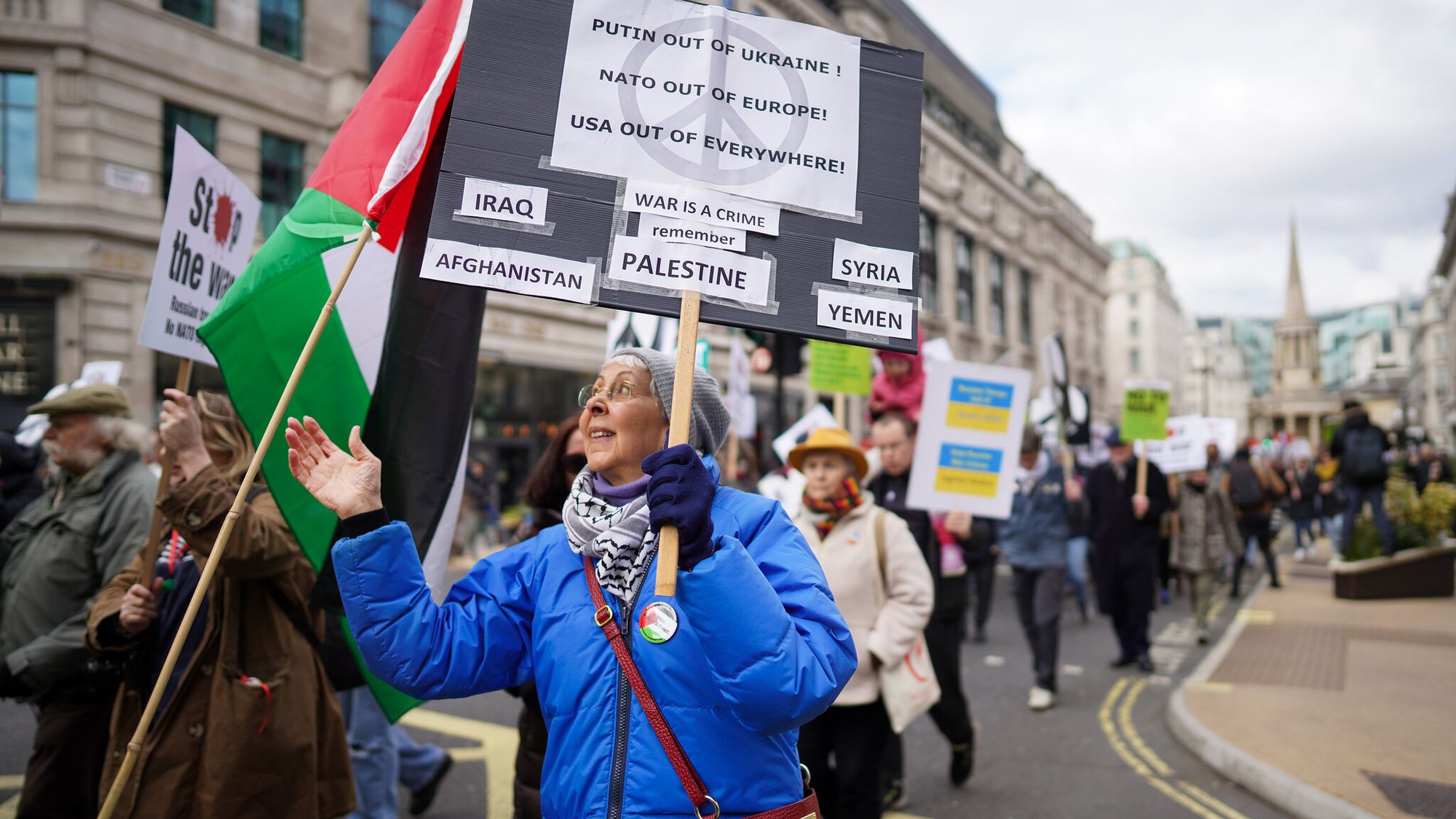
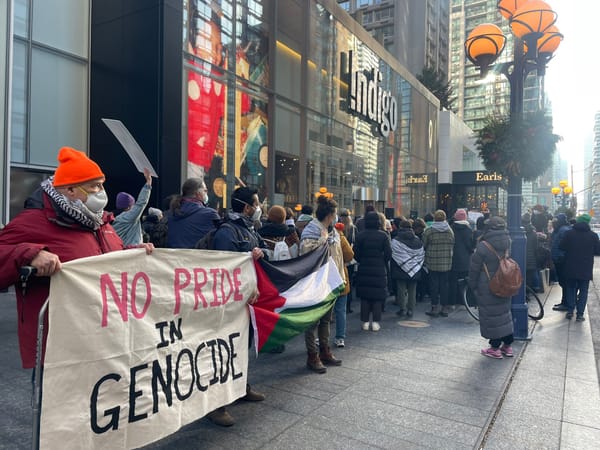
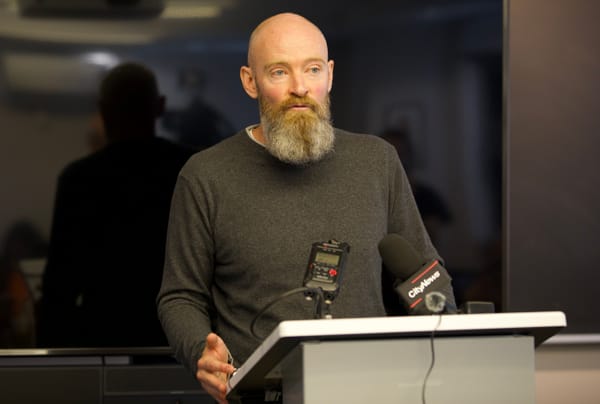
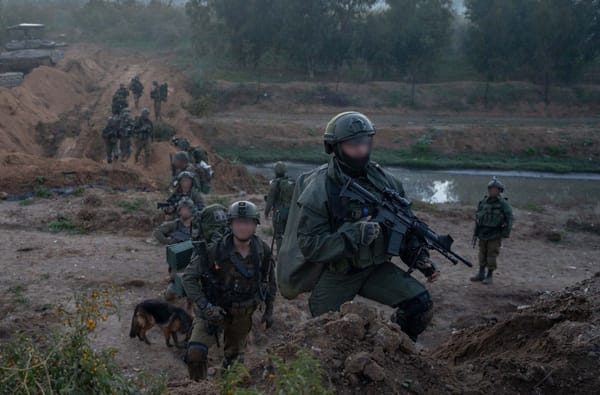
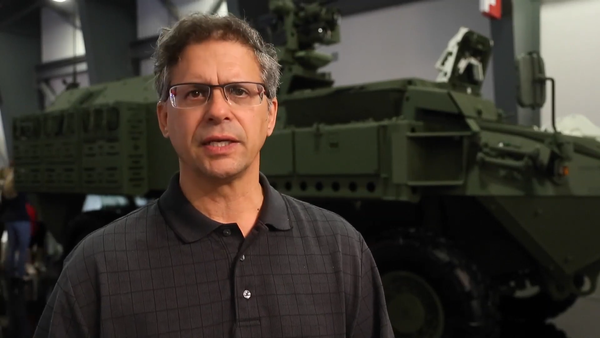
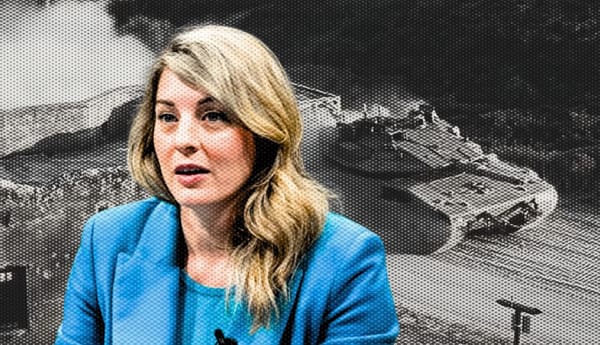
Member discussion